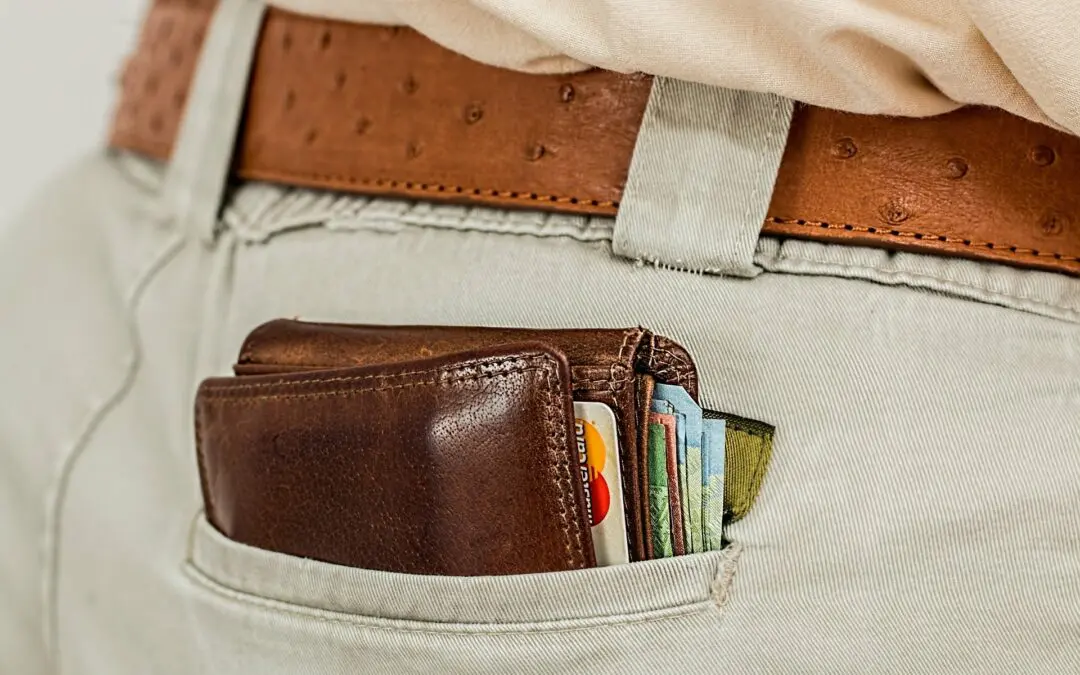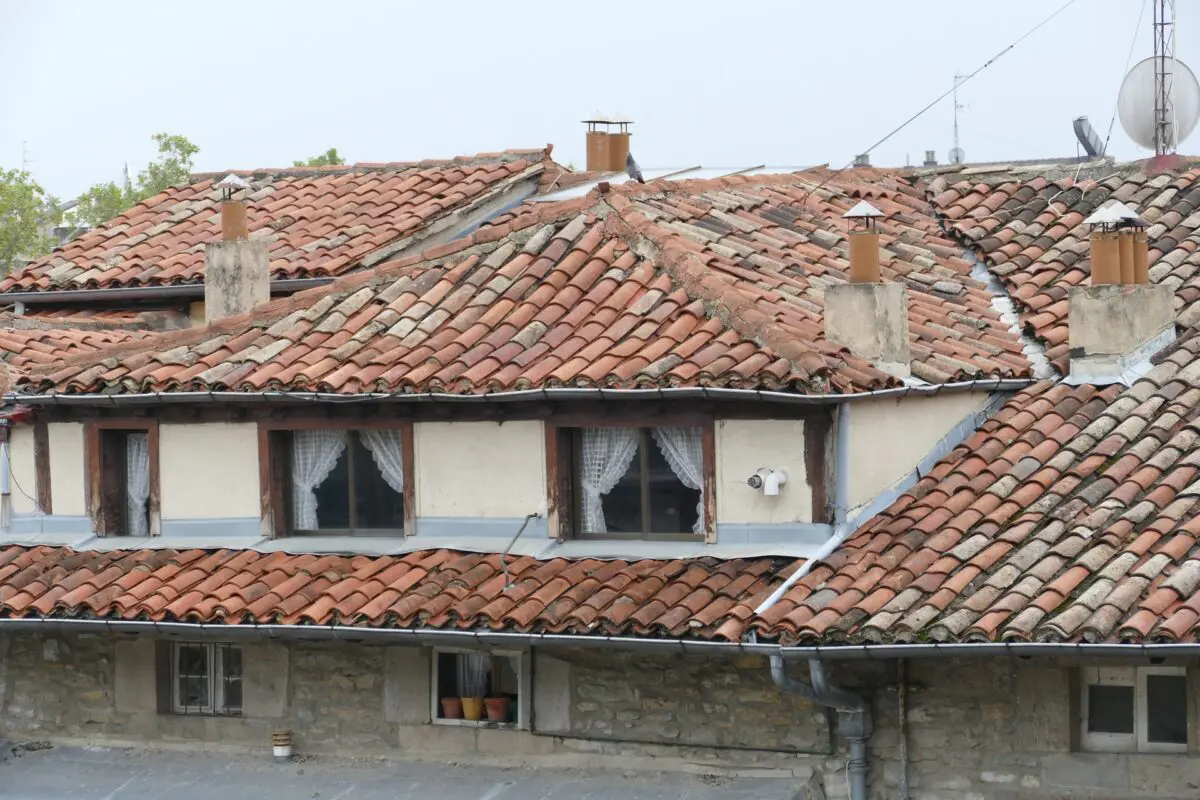You’ve probably heard the saying “Hindsight is always 20/20”, attributed to actor Billy Wilder. When doing anything new, particularly moving to another country, there will always be a few slip-ups and things you will wish you had known before.
In this article, we want to save you some trouble – and money – by sharing some of the most common mistakes people make when renesting in France!
1: Healthcare
Ensure you have adequate health insurance – enough to meet residency requirements, but not too much either. If all you need is accident and illness coverage (as for a visa), then take a travel medical policy instead of comprehensive coverage, which is much more costly.
Assess your needs to right-size your policy. If you are on medication, have a look at the out-of-pocket prices vs. the premiums for a comprehensive policy that covers pre-existing conditions. Do you expect to have significant dental work or eyeglasses? French public health does not reimburse as much for those, so you may save money by getting supplemental insurance.
2: Driving
If you are lucky enough to have an exchangeable driver’s license, make sure to swap it for a French one within the legal timeframe. Passing the French driving tests is difficult and expensive. Whatever your case, be sure you’re driving with a valid license, as accidents that occur with invalid ones are not covered by insurance!
Avoid buying fuel on the ‘autoroute’ – if you can help it, it’s a lot more expensive.

3: Property & Home
Since French properties for sale must come with several diagnostic reports, building surveys are very uncommon and at the charge of the potential buyer. If you are considering buying a renovation property, or an old stone building, the pre-purchase survey could be a small investment that avoids a much larger and surprising one later on.
Check you have the latest reports for termites, mushrooms, and other pests that could do considerable damage to your home, particularly when buying a rural property.
Although it may seem like a cost savings to ship all your worldly possessions to France and avoid buying new, it’s rarely the case. The transportation, eventual duties and VAT can be quite expensive in the end. And if you’re coming from outside of Europe, your furniture may be too big for French spaces. You can find everything you need in France, and it will be more suited to your new lifestyle. A few precious items like artwork, books or heirlooms may be all you need to import.
There are 2 annual sales periods in France (winter and summer) when you can find good discounts on household goods, linens, clothing, etc. If you can time the purchase of any ‘big ticket’ items for your new nest during these periods, you can save a lot of money.
Once you have an energy history of about one year, you can check online about switching energy providers to lower your costs. Try https://selectra.info/ or https://www.quechoisir.org/dossier-electricite-gaz-t307/. You’ll need your last bill and current meter readings.
4: Refunds
Always unpack delivered goods and check them before signing the delivery note. If you sign without checking and anything is missing or broken, you have no legal recourse.
In the same vein, returns policies in France are not customer-centered. You should try and return unwanted items within 7 days and expect a credit note rather than a refund. For defective goods, the stores can be more amenable, but you still may need to be firm about a refund instead of a store credit.
5: Shop around!
Always get a few quotes before taking on a large expense, taking care to evaluate them on a like-for-like basis. Insurance policies are often hard to compare, unfortunately. Try using a broker to save time and get a better comparison, especially if your French isn’t up to the level of negotiating policy terms.
6: Declare your income
Get into the French tax system as soon as you can. This tip may come as a surprise, since most people associate France with higher income taxes and try to avoid them at all costs! In reality, it’s unlikely that you’ll face a larger income tax bill in France. Having a French tax statement saves you time, stress and money for administrative tasks and services. We like to call an Avis d’Impots ‘administrative gold’, because it’s proof of French residency. It can also entitle you to several fiscal advantages, depending on your income. You may be eligible for certain government cost-saving schemes, such as the current one, insulating your attic for 1€. Previous schemes have included free energy-saving light bulbs.
Even if you do not owe income tax in France, be sure to declare all bank accounts in any country. Failing to disclose this information can carry a heavy fine if your accounts (even empty ones!) are discovered or declared at a later date.
7: Have your documents ready
Make sure you arrive in France with all the official documents you’ll need for future administrative tasks. These include: original long form (showing both parents’ names and birthdates) birth certificates; marriage, death and divorce certificates; at least two years’ worth of tax statements; proof of former address in the form of utility bills; work contracts, pay slips, etc. at your last address (useful for exchanging your driving license if you are able to do this). Don’t bother having them translated into French before arrival, as that’s often more expensive than in France. Definitely scan them and make sure you have access to electronic versions. Tracking these documents down at a later stage can be both time-consuming and costly.
Dennelle is the President of Renestance and a bilingual American who’s lived in France since 2000. She loves so many things about France, its language, culture, geography, quality of life... that she started a business to help others realize their dreams of living in this incredible place.
All articles by: Dennelle Taylor Nizoux



